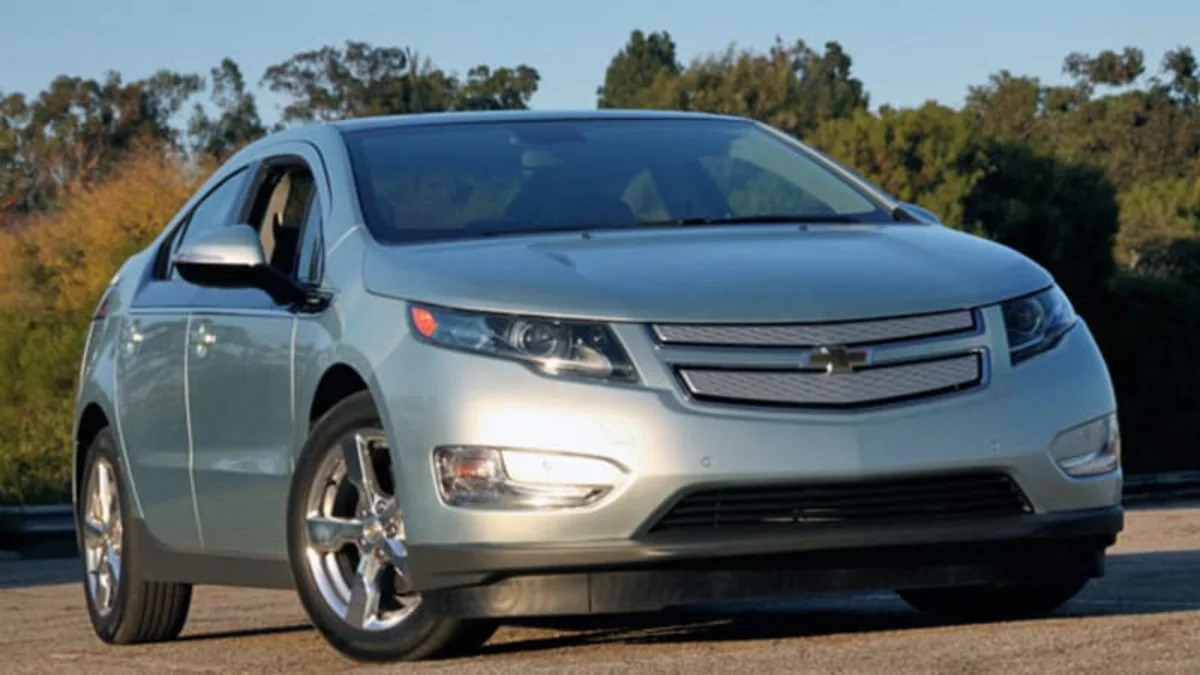2011 Chevrolet Volt – Click above for high-res image gallery
With strong CAFE standards looming, automakers have suggested that building cars that can meet new guidelines will undoubtedly cost more. We've heard some numbers regarding increased costs thrown around and most are in the ballpark of $1,000 per vehicle. However, a study from the National Academies Press suggests that those estimates may be way too low. This study has been in the making for the last three years and is one of the most detailed of its kind. It touches on gasoline engine technology, diesels, hybrids and more – with a focus on the overall cost of increasing efficiency in future vehicles.
As with any study, the findings are detailed to the point of boredom, so here's the gist: adding technologies such as turbocharging, direct-injection, cylinder deactivation and start/stop would increase the cost of gasoline engines by $2,200 while offering a 29 percent decrease in fuel consumption. Replacing a gasoline engine with one of a diesel variety would cut fuel usage by 37 percent, but it comes at a cost of $5,900 per vehicle. The study found that the hybrid powertrain was the most efficient fuel burner of the group, boosting efficiency by 43 percent over a traditional gasoline engine. Unfortunately, at an added cost of $6,000, the hybrid was also the most expensive option. The study concludes that buyers had better expect to pony up some cash because efficiency doesn't come cheap. But let's not forget that increased MPGs result in less pain at the pump, thus offsetting a significant amount of cash spent up front, a point that the study obliviously overlooks. If you'd like to read the study in PDF format, click here.
[Source: National Academies Press via Green Car Reports]


Sign in to post
Please sign in to leave a comment.
Continue